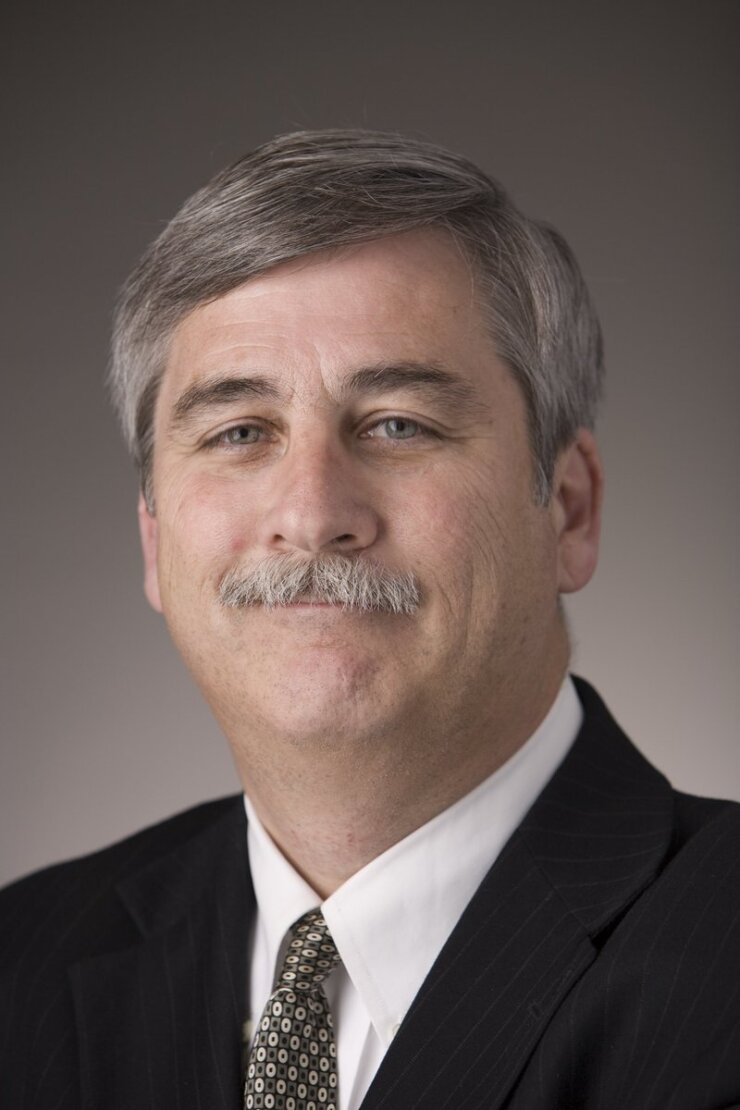After nearly 40 years at Moody's Investors Service, Dan Aschenbach left the agency to open his own shop, and do what he cares most about.
Aschenbach started the firm AGVP Advisory to advocate and lobby for clean and reliable energy resources. He also plans to add public finance consulting in the future.

“It was time to look for a new challenge,” Aschenbach said in an interview Monday. “I just felt it was a good time to establish my own firm but maybe more in an advocacy area.”
Aschenbach was with Moody’s from 1982 until February. He was a senior vice president and the lead credit analyst on U.S. public power electric and gas utilities, including ratings on nearly every public power electric utility in North America.
Aschenbach also wrote commentary on the U.S. electric industry, including sector credit outlooks, credit rating methodologies, financial medians, new nuclear power credit risks, transmission access, and the California energy crisis of 2000 and 2001 when the state suffered large-scale blackouts.
“I was with Moody’s so long, and I loved what I did, but a new challenge is healthy,” he said.
At AGVP, which stands for Aschenbach Global Venture Partners, he said the work has been fun. The firm is based in the town of Cranford, New Jersey, where Aschenbach has served on the community’s governing board for 18 years, including nine years as finance commissioner and four terms as mayor.
Aschenbach said he’s still determining when to begin public finance consulting with utilities, but it’s an important aspect of finance and investing in reliable clean energy development.
“I think there are a number of utilities across the country that could use my expertise in this regard,” he said. “One of the negative parts of all this non-carbon based electric generation is it's more expensive.”
Those costs can be reduced because public power agencies can issue tax exempt debt, he said, and using that local-cost approach can provide utilities with clarity of direction in developing newer technologies.
So far, Aschenbach said he’s been focused on East Coast clean energy and offshore wind development.
“I now have the credentials to be a federal lobbyist to pursue working in that area,” he said, adding that some of his work will be in the offshore wind development expected to take place off the coast of New Jersey.
Most of his lobbying work will be done through an affiliation with Winning Strategies, a Washington, D.C.-based lobbying firm where he has an office. While Winning Strategies targets its efforts primarily at the federal level, Aschenbach said his work will be in the local and state sectors.
Also in the works is the development of an exchange-traded fund that would focus on clean energy companies and potentially bond investments. The fund expects to concentrate on offshore wind and nuclear development, as well as carbon capture companies.
While some public and private utilities are still working on new natural gas facilities and pipelines, he said continued investment in this carbon-based fuel doesn’t make sense to him.
Natural gas is vulnerable to price spikes in the future, he said, and gas has about 50% of the carbon content of coal.
“That could make [gas-fired] electric generation just as expensive as building a new nuclear unit,” he said, when asked about the potential for developing new nuclear reactors in the future.
Nuclear energy is carbon-neutral and when reactors are built they’re reliable 90% of the time, he said.
Aschenbach has posted announcements and articles on LinkedIn, and is working on a website.
In a
Aschenbach said a number of people contacted him about the article, including state lawmakers. The response was “incredible,” he said. “I wasn’t expecting it.”
Aschenbach received a bachelor’s degree at Boston University and Masters of Public Administration at Rutgers University. He also has taken the executive leadership program at Harvard Kennedy School of Government and the legislative affairs program on Congress at George Washington University.





